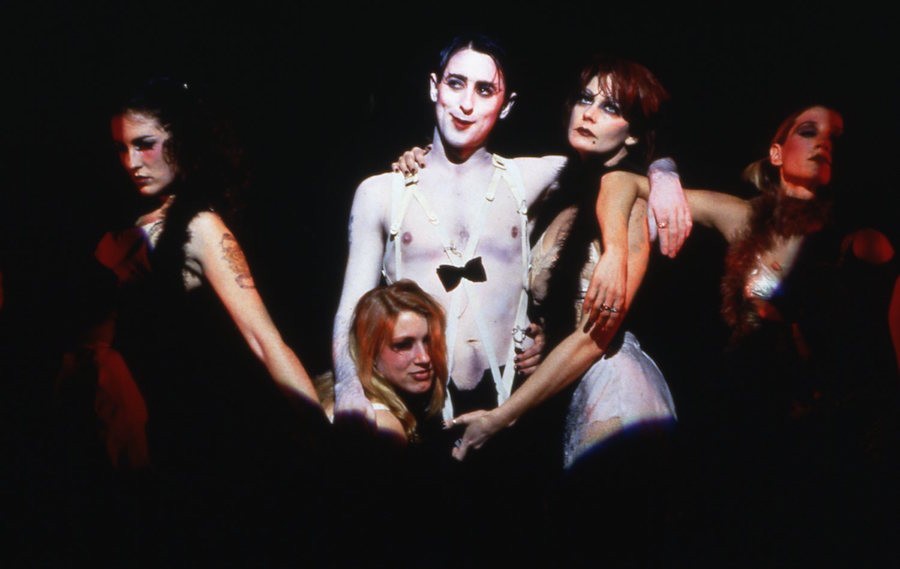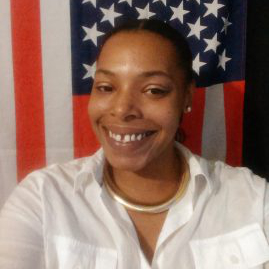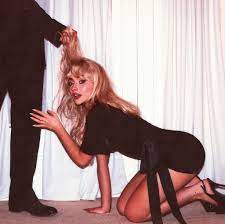‘Cabaret’ lights pre-Nazi nightlife
March 23, 2016
When you think of pre-world war Germany what do you envision?
I highly doubt, it’s glitter, homosexual innuendo and burlesque dancing, but according to ‘Cabaret’, all this occurred and more at the Kit Kat Club.
The musical is set in 1930s Berlin just before the Nazi regime reared its ugly head. The characters are dealing with the same issues many of us still deal with today: poverty, sexuality, falling in or out of love, and they deal with these issues in some of the same ways we do today. Only their back-drop is an orchestra of sexy people, bordered in lights and bathed in cigarette smoke.
The Emcee played by Randy Harrison, who may be familiar to us from the show “Queer As Folk”, was captivating. From his costumes—or lack thereof at times—to his sexually explicit dance moves, the audience was in the palm of his hands as he introduced us to his cast.
Clifford Bradshaw, a struggling writer, finds his way to Berlin by way of Philadelphia, searching for motivation for his novel. He appears to be a pretty straight laced but we soon find he is hiding a secret. He has exhibited an interest in the both sexes and seems to still be processing those emotions.
All the more confusing is when he’s shown interest from Sally Bowles (played by Andrea Goss). She introduces herself with her number “Don’t Tell Mama”. The role most recently reprised by Michelle Williams on Broadway, is a 19-year-old foot-loose, cigarette smoking, liquor-drinking Kit Kat Club performer.
She marks Bradshaw as her’s and takes him on the ride of his life.
The boarding house in which they live is owned by Fraulein Schneider who has nearly all but accepted that she will live a life of loneliness until she is proposed to by her secret lover Herr Schultz, a Jewish widowed fruit store owner.
This all seems like a fairytale, especially at times with the emcee frolicking across the stage and ballads about pineapples (it was really sweet, no pun intended), but we are all brought back to reality as we celebrate the couple’s engagement.
Ernst Ludwig, who is a friend to Fraulein Schneider, as well as receiving English lessons from Bradshaw is in attendance.
Clifford and Sally have found out they have a child on the way and in shocking Maury Povich fashion she is unsure of the paternity of the child. Knowing that there is a chance that the child may be his Clifford begins to become more serious about securing a future for him and Sally.
He earns money from English tutoring referrals from Ludwig, but when the money is not enough Clifford decides to accept other, more questionable from Ludwig. His job is simply pick up a briefcase in Paris and deliver it to a client in Berlin, simple enough.
All characters will find out how this simple deed will unravel their happy ending.
When we see Ludwig again, we are almost excited. He is helping Clifford and Sally by funding their life and future baby, we laugh with him as he pokes fun and tells Clifford to live a little. We generally like the guy, until, he removes his jacket.
Ludwig reveals his red and white Nazi armband and the entire engagement party stands a bit still. Clifford realizes that the courier services he has been providing for Ludwig was in fact aid to the Nazi regime. Also, the friends he has been tutoring for Ludwig are apart of the regime as well.
It is revealed by a boarding house member that Herr Schultz is Jewish and we are taken back to what we first envisioned when thinking of 1930s Germany.
Ludwig and other participants at the party begin to sing “Tomorrow Belongs To Me” with the full Nazi salute.
This was probably the most difficult number because the main characters are all clearly affected by this which goes completely unnoticed by those singing.
The actors did a great job of speaking to the audience without saying a word in this number.
By the second act, Sally has aborted the baby, Clifford has purchased a ticket to escape before “the world ends”, and Fraulein Schneider has called off the engagement to Herr Schultz.
Glitter, lights and sexy orchestra is traded for grey jail stripes and a plain white backdrop as our characters all meet their historical fate.
I had the same blissful ignorance as many of the characters in the play as I had not seen it or read the books it is influenced by, but I will say that even if you have seen or read this work, this production is amazing and well worth the watch.

























